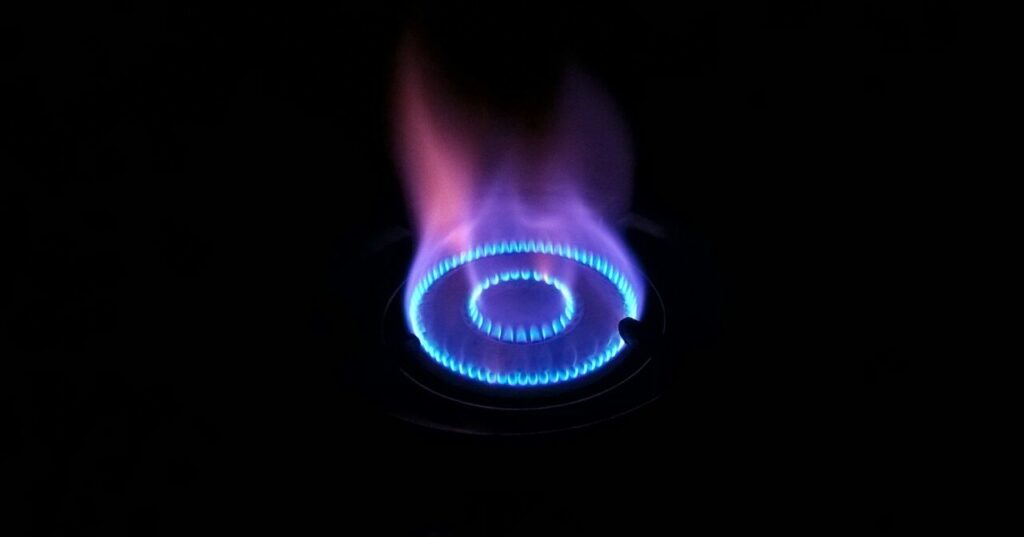National Energy Action (NEA) has called on the government to implement targeted support to stop energy debt “crushing” vulnerable households.
The call follows Ofgem confirming earlier this week (12 October) that energy debt levels have reached £2.6 billion, which is the highest figure the energy regulator has ever recorded.
This is, in part, attributed to increasing fuel prices; according to data from the Department for Energy Security and Net Zero (DESNZ) also released this month, domestic electricity and gas prices increased by 10% and 28% respectively.
“The enormous weight of household energy debt is crushing vulnerable households. Government cannot just look the other way and hope for the best,” said Adam Scorer, NEA chief executive.
“This is the highest level of energy debt we have seen, it is growing quickly and concentrated in the poorest households. Energy bills are now on average £800 per year higher than they were at the start of the energy crisis.”
In response to ever increasing energy bills and energy debt, 14 energy retail companies have committed to go “above and beyond” current licensing conditions to support struggling households with their energy debt this winter, in a move dubbed ‘Winter 2023 Voluntary Debt Commitment.’
Participating suppliers include British Gas, E, Ecotricity, EDF Energy, E.ON Next, Good Energy, Octopus, Ovo, Rebel Energy, Shell Energy Retail Limited, Scottish Power, So Energy, Utilita and Utility Warehouse.
However, Scorer stated that government support is still needed to avoid crisis situations.
“While industry and regulator-led support is welcome, Government must put in place additional targeted support and establish a Help to Repay scheme and an enduring social tariff,” said Scorer.
Scorer’s recommendation of a social tariff is familiar and the introduction of such a tariff has received both public and industry support.
According to Cornwall Insight, a social tariff could cut the energy bills of the UK’s fuel-poor households by £330 at only 4% of the £37 billion spent by the government on the Energy Price Guarantee (EPG) and the Energy Bill Support Scheme (EBSS) over the past year.
Ahead of the Chancellor’s Autumn Statement on 22 November, the NEA has published a list of tasks to help support vulnerable households this winter.
The key recommendations are as follows:
- Provide targeted energy bill support to support low-income and vulnerable households this winter using existing mechanisms.
- Develop the current EPG to further reduce standing charges for prepayment meter customers and reduce the ongoing premium Standard Credit still faces.
- Introduce a ‘Help to Repay’ scheme to support households struggling with energy debt.
- Restate the commitment to consult on a new mandated social tariff and fund it from April 2024.
- Provide additional investment into domestic energy efficiency programmes to meet the UK
Government’s legal duties to upgrade all fuel poor homes to a reasonable standard of energy
efficiency by the end of this decade.
NEA’s full Autumn Statement Priorities document can be found here.





